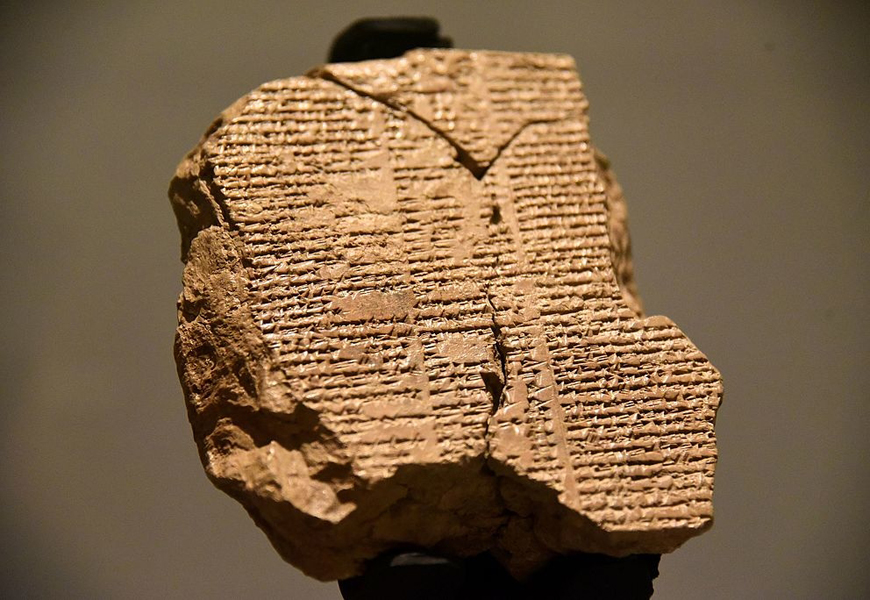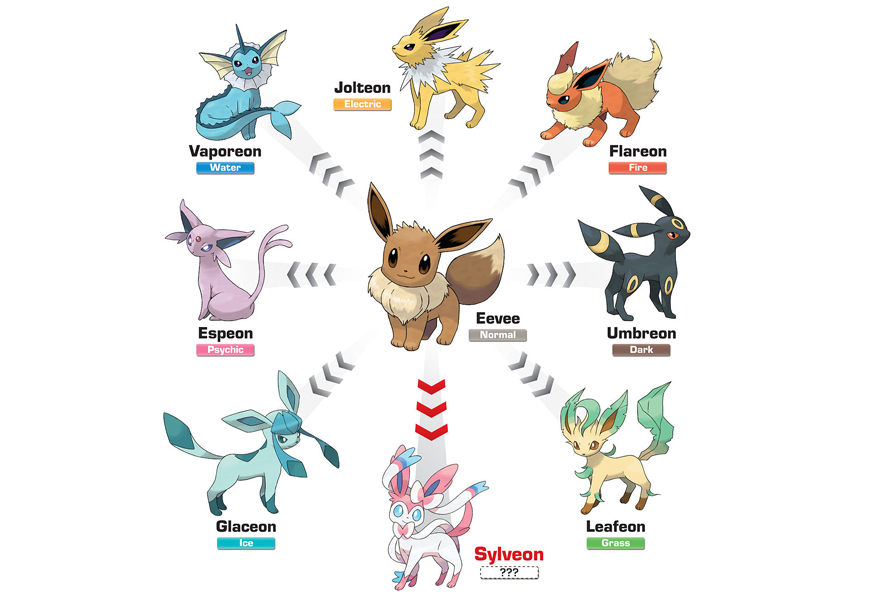The oldest surviving literary work is The Epic of Gilgamesh, which was composed nearly 4,000 years ago in ancient Mesopotamia. No one knows who wrote it, or why, or what audience it was intended for…
The Epic of Gilgamesh is one of the most significant literary works in human history. Originating from ancient Mesopotamia (roughly equivalent to where Iraq and eastern Syria are now), this epic poem is often cited as the first great composition and is often regarded as the earliest surviving work of literature, although some shorter compositions have survived that are even earlier (notably the “Kesh Temple Hymn” and “The Instructions of Shuruppak”).
Apart from its length, The Epic of Gilgamesh may be considered the earliest significant composition because of its enduring impact on literature through the ages. It is believed to have influenced other ancient literary works, including the Iliad, the Odyssey, Alexander romance literature, and the Hebrew Bible (Old Testament), all of which continue to have significant literary impact in their own right.
The narrative of The Epic of Gilgamesh centers around Gilgamesh, a semi-divine king of Uruk, and his journey for immortality, providing a deep insight into the human condition.
Historical Context and Discovery
The story of Gilgamesh was written in Akkadian, an ancient Semitic language, and was inscribed on clay tablets dating back to around the 18th century BCE. These tablets were uncovered in the ruins of the library of Ashurbanipal in Nineveh (modern-day Mosul, Iraq) in the 19th century. The epic’s origins, however, trace back to earlier Sumerian stories and poems about Gilgamesh, which were later incorporated into the Akkadian epic.
Plot Overview
The epic begins with the introduction of Gilgamesh, a tyrannical king of Uruk. The gods create Enkidu, a wild man, to counter Gilgamesh’s oppressive rule. Initially adversaries, Gilgamesh and Enkidu become close friends. Together, they embark on adventures, defeating the monstrous Humbaba and slaying the Bull of Heaven, which incurs the gods’ wrath, leading to Enkidu’s death.
Enkidu’s death profoundly impacts Gilgamesh, instilling in him a fear of mortality. This fear propels him on a quest to seek eternal life, which takes him to Utnapishtim, a man granted immortality by the gods. Utnapishtim shares the story of a great flood, remarkably similar to the biblical story of Noah’s Ark, and informs Gilgamesh that immortality is reserved for the gods alone.
Themes and Interpretation
The epic explores themes of friendship, the human quest for immortality, and the acceptance of the inevitability of death. Gilgamesh’s journey reflects the human struggle to understand and accept mortality. The story also delves into themes of tyranny, redemption, and the responsibilities of leadership.
Cultural and Literary Significance
The Epic of Gilgamesh is not just a literary masterpiece but also a valuable historical document that offers insights into ancient Mesopotamian religion, philosophy, and society. Its exploration of complex themes and its historical significance make it a cornerstone in the study of ancient literature and a fascinating reflection of early human civilization. It remains a timeless narrative that speaks to the universal human experience and its influence is evident in later literary works, and its themes of mortality, friendship, and the pursuit of meaning continue to resonate today.











